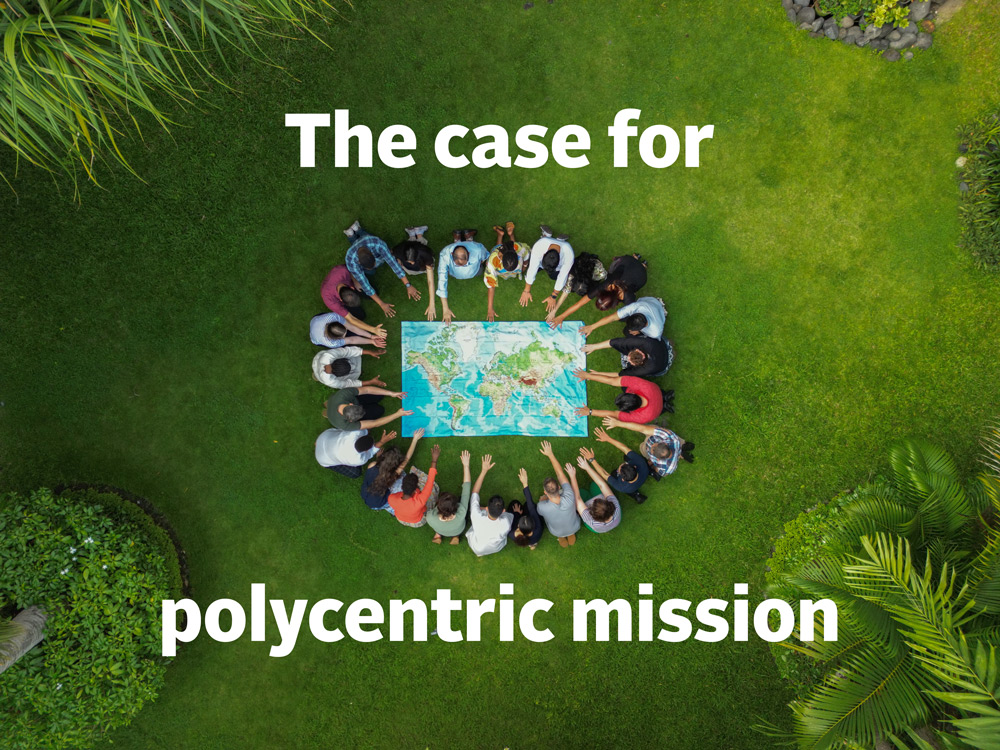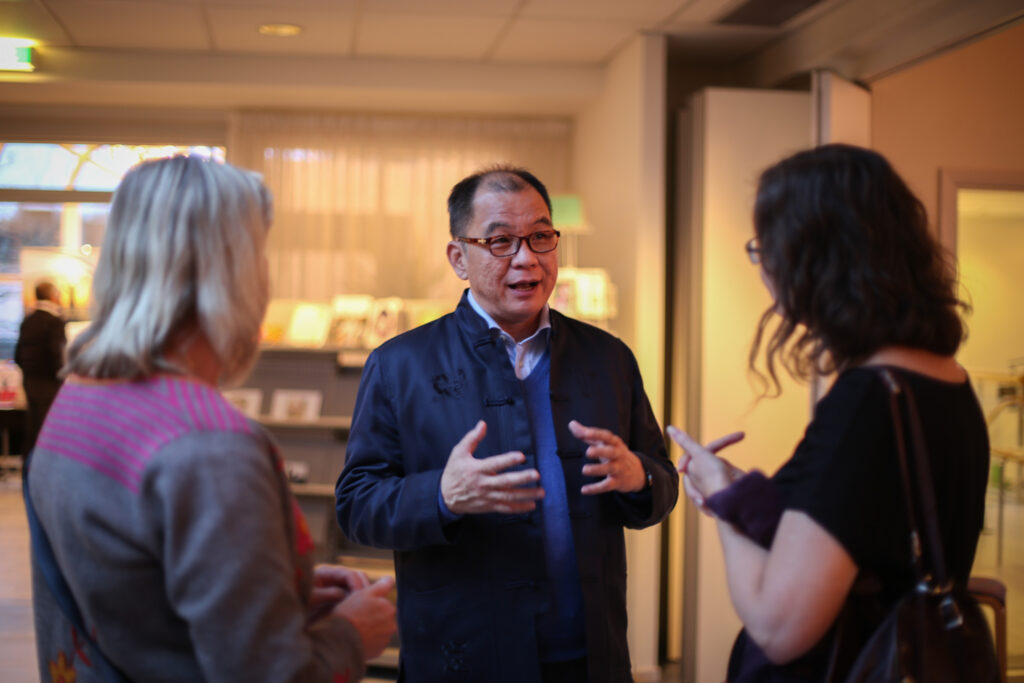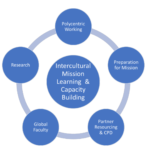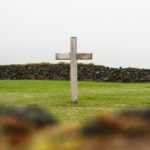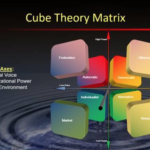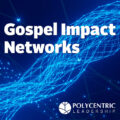GUEST POST BY LAWRENCE TONG
Our task, shared with other groups of Jesus followers, is to profoundly reduce the number of least reached anywhere in the world, making them disciple-makers to their people—the ultimate expression of polycentric mission! Every day, our world becomes more complicated and more difficult for God’s people to engage meaningfully with their neighbours. Our polycentric world has numerous centres of power, influence and purpose. Only a polycentric mission strategy can empower everyone in our organisation so that the completion of God’s Great Commission might be plausible in our current century.
A polycentric leadership style recognises that there are many models of leadership in missions. One obvious tenet in polycentric mission is that those working closest to the action, so to speak, should be empowered to make tactical decisions with the support of higher leadership. This can cause great ideas and discoveries to spread beyond the immediate team.
Many organisations follow stiff hierarchical practices, even socially within an office, whereas anywhere in the world, you will find OMers acting like a family rather than a firm. Respect doesn’t come from a suit and tie or a degree, but from acknowledging roles on teams and personal histories.
Polycentric mission is the best defense against struggles for control that are meant to cripple a pioneering spirit and ethos. As our work grows, we need some regulations, but following Jesus can never be about rules and regulations. Leaders need to trust their people more. Leadership is about negotiation and persuasion, never about flexing our muscles with rules.
Pioneers versus managers
Pioneers are trailblazers, and we need more of them. But every new trail also needs gifted management. Pioneers not only welcome disruption and change; they create it. Without that, even the best-managed organisations will lose relevance and purpose. But without good management, trails will be blazed for nothing. The point is not to wrestle against each other, for we share a far nobler calling. Trailblazers and managers must work together.
OM seeks innovation in polycentric settings. For example, one of our fellow workers in Ethiopia leads a church planting movement which, in collaborative vision, has seen more than 13,000 vibrant communities of Jesus followers established. He has been invited to OM’s Global Leadership Team (GLT) because he brings in so much experience and wisdom. In similar fashion, a few younger leaders will shadow the GLT and how it functions. They will be given specific projects to accomplish during their terms. They will not have a vote, but they have a voice and perspective—valuable assets to the organisation. As we learn from our colleagues who have gone ahead of us, it’s crucial to also learn from those who will follow us and are likely better attuned to the world we share.
In a polycentric mission model, our purpose is to make others successful—including other organisations. We need to celebrate others’ successes and exchange ideas and experiences. What if, quarterly, many of us could report on what specifically we’ve learned from other mission organisations and in cooperation with local churches? Can we not embed this humble attitude into our culture? Can we not honour outsiders to our organisation, who have taught us something of significance? If we do not, we will become unable to recognise our looming irrelevance.
Acting with a polycentric mindset enables like-minded organisations to not hoard talent but to release talented people to serve one another. This might be for a fixed project or training period or even longer. By releasing people for maximum mutual benefit, space is made for others to participate. Once traditional barriers are dismantled, anything can happen. And, of course, this type of collaboration shows others how Jesus followers love one another.

No matter what we attempt, it can never be to glorify ourselves; it can only ever be to exalt Jesus. Our task, shared with other groups of Jesus followers, is to profoundly reduce the number of least reached anywhere in the world, making them disciple-makers to their people—the ultimate expression of polycentric mission! Jesus could have chosen to complete His mandate by Himself; He is not dependent on anyone. By following His own example with the disciples and apostles in the book of Acts, we find that polycentric mission is the natural outcome of imitating Christ, who only expects us to do what is possible by imitating Him.
Remember: The Kingdom of God is not about a battle for turf but the divine transformation of billions of souls. Jesus sent out His disciples in polycentric mission. Why would we do otherwise?
Lawrence Tong 董仕明
CEO/International Director
OM International
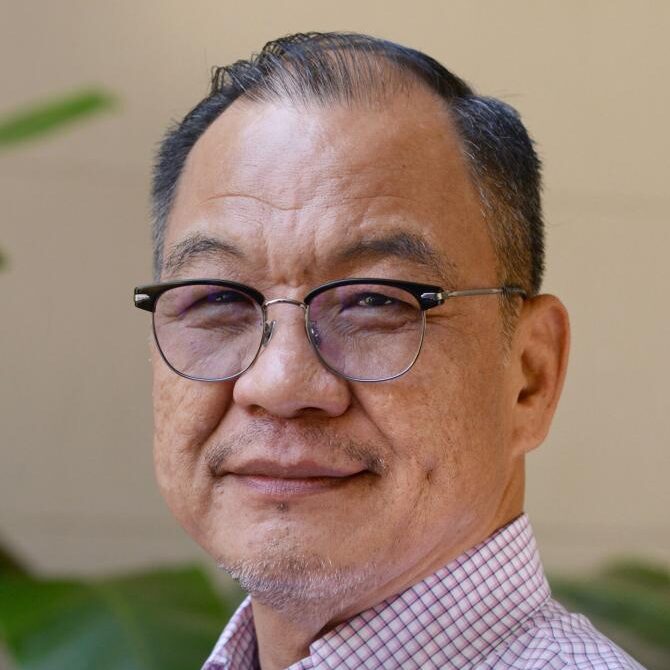
LAWRENCE TONG, from Singapore, is OM’s International Director, cultivating the vision and providing guidance to the Global Leadership Team. He studied Communications and has a master’s degree in Business Administration. He loves seeing individuals living abundantly for God. He started serving with OM in 1978 when he joined Doulos and met his wife, Susan. He spent five years each on OM’s ships, Logos, Logos II and Doulos: worked in the Ship’s head office in Mosbach and served as the director for OM in China and Taiwan. His excitement to see vibrant communities of Jesus followers within walking distance of everyone on earth is what propels him into motion daily.
More Information
This article was originally posted on 01-Dec-21 by OM International here https://www.om.org/eng/stories/case-polycentric-mission
Image credits:
- Cover image and inset photo of a group around a map both courtesy of Sarah B / OM Int’l.
- Inset photo of Lawrence Tong talking with others courtesy of Katie Berry / OM Int’l.
